“To be powerful, we need a certain degree of sovereignty. We need a strong Europe in defense and have to take the future into our hands,” Guillaume Faury, CEO of French aeronautics company Airbus called for stronger EU defence industry decoupling from U.S. weapon systems at Politico’s live Defense Launch event in November.
Faury’s debate partner at the event was Micael Johansson, president and chief executive officer of Swedish defence and security company Saab. They represent the two “Big Guns” of Europe’s defence industry and both of them are board members of the Aerospace, Security and Defence Industries Association of Europe (ASD). The ASD’s mission is to promote the long-term competitiveness and resilience of the above sectors, representing over 4000 companies from 19 countries.
The defence bosses discussed the most urging questions of the European defence industry. How are the EU and Europe adapting to the challenges caused by the conflict in Ukraine? How much are European governments spending on defense? Is there a need for long-term defence contracts to give defence companies certainty?
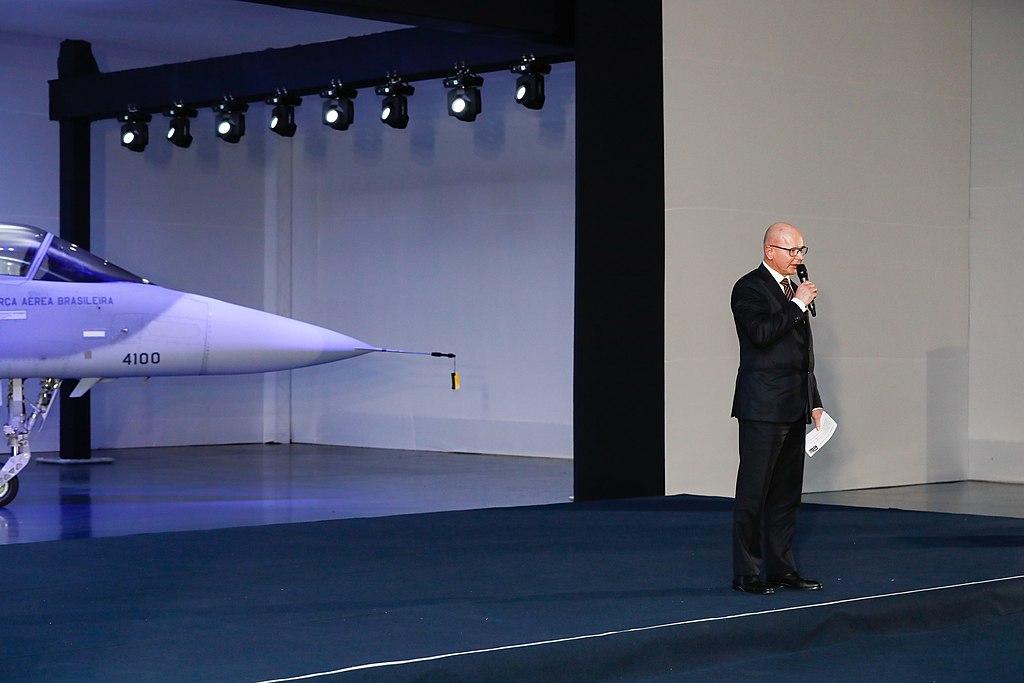
Micael Johansson speaking in a workshop at Brasília, Barsil in October 2020
(Photo: Palácio do Planalto/Wikipedia Commons)
“We can’t be so dependent on the U.S. as we are right now,” Johansson said, who also emphasised that European countries should reduce their share of purchases of U.S. kit from 70 percent to 30 percent.
Faury thinks it should be even lower – falling to 20 percent. “We need a European preference to get to scale,” he added.
Since Russia’s all-out invasion of Ukraine last year, the U.S. has committed military aid totalling €46.6 billion as of July 31, this year, substantially more than all European countries combined.
France’s President Emmanuel Macron, who has been fantasizing for years about European “strategic autonomy,” has contributed a grand total of only €447 million as military aid. The Czech Republic, which is only one-fifth the size of France, has delivered €566 million. After the Russian invasion German Chancellor, Olaf Scholz committed to a €100 billion spending on the Bundeswehr, as part the major shift in German foreign policy, the Zeitenwende. Still, one and a half year on, most of this money has yet to be spent Germany’s defense budget remains well below NATO’s 2 percent of GDP target.
State of Play in the European Defense Environment
In April the European Commission proposed the €500 million Act in Support of Ammunition Production (ASAP) program to boost industrial production to deliver ammunition and missiles to Ukraine and to help member countries refill their stocks – making it a key part of the bloc’s industrial strategy.
As EU governments boost military spending in the wake of the Ukraine war, European defense contractors fear European money is going to foreign companies, including from the U.S. In October, the U.S. government announced plans to sell over $1.5 billion worth of missiles to European countries.
Nonetheless, Europe’s arms makers say they won’t commit to opening new factories until they get signed long-term government contracts. Altough Some companies – including Sweden’s Saab, the Nordics’ Nammo, France’s Nexter, Germany’s Rheinmetall and MBDA – have started to ramp up using their own cash.
Despite two parallel European efforts to develop next generation warplanes many European countries are buying Lockheed Martin F-35 Lightning II fighter jets. Countries like Poland are buying tanks, fighters and rocket artillery systems from the U.S. and South Korea.
How is the European Defence Sector Responding?
The U.S. is an important NATO ally, the Airbus CEO added, but Washington is “making us weaker in our ability to develop systems, especially at a time when the U.S. is looking less at the Atlantic side of the country and more on the Pacific side,” said Guillaume Faury.
“We need a certain European preference to get to the right industrial scale,” he added.
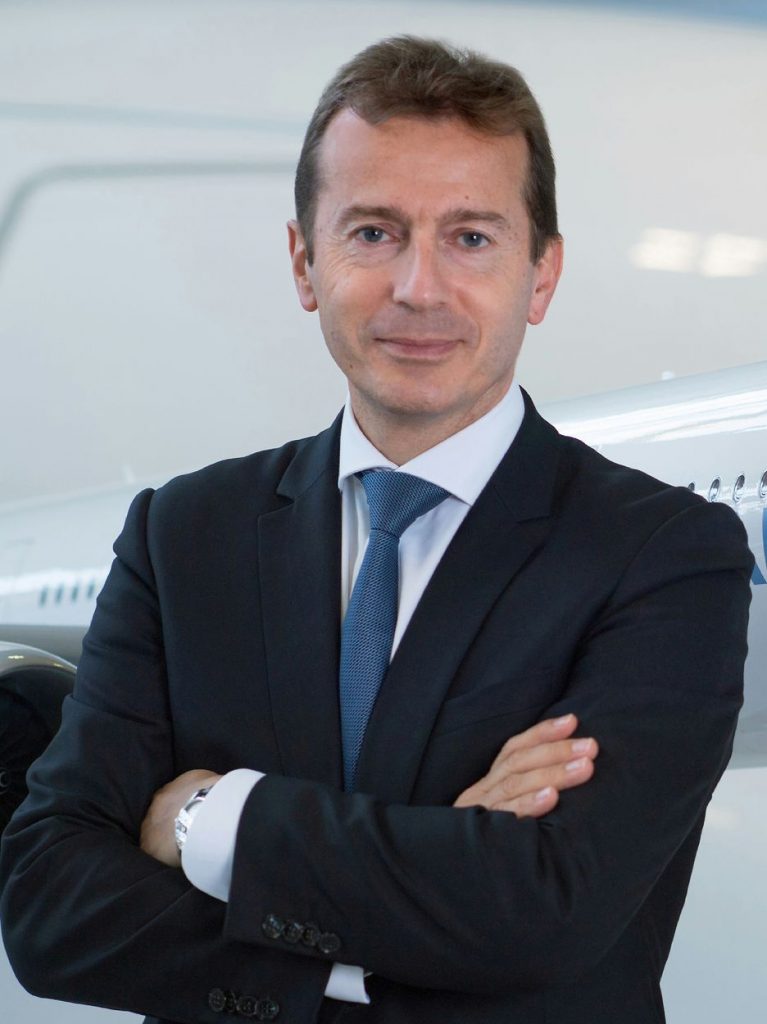
Guillaume Faury, President of Airbus Commercial Aircraft and CEO (Photo: Xavier Lejeune/Wikipedia Commons)
Johnson criticized the “misalignment” in strategic planning between the NATO and the EU. “We haven’t seen the full scale of [EU initiatives] in terms of common acquisition programs and who’s going to do it. Is it the European Commission, the European Defence Agency, OCCAR (Organisation for Joint Armament Co-operation), NATO’s Support and Procurement Agency,” he asked. “One of the biggest challenges is that we don’t really know where we’re going. What’s the objective, what’s the target,” he added.
Since Russia launched its full-scale attack on Ukraine last year, politicians have called on the Continent’s defense industry to ramp up production to both help Kyiv and replenish European stocks. A year-and-a-half later, some companies have indeed increased output but they also say that long term government contracts are still missing and that military needs are neither clear nor coordinated.
In the defense industry where the systems are very complex, they require long-term developments demonstration of the capability certification and the course of action can’t be changed in the middle of those programs.
“We have programs that have been designed and launched in peace time and now we are trying to ramp up production to produce more on short notice,” Faury said. To produce more in the short term, “we need to understand priorities.”
Johansson criticised what he called a “misalignment” between the EU and NATO in terms of defense planning and strategic objectives. “We want the EU to create incentives for EU countries to work together,” he added, referring to a “Europe Defence Fund 2.0 or something in the next [EU] Multi-Annual Financial Framework.”
A European Commission document circulated earlier this month identified a host of problems hindering the European defence industry: a lack of transparency on long-term procurement planning; lack of coordination among EU countries on defence spending, procurement plans and harmonisation of requirements; and a lack of aggregation of demand through joint procurement.
The EU’s executive body will present a European Defence Industrial Strategy early next year.

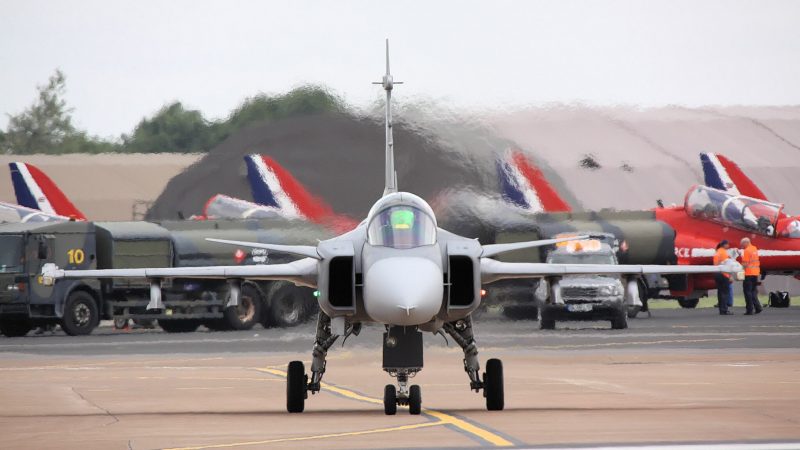
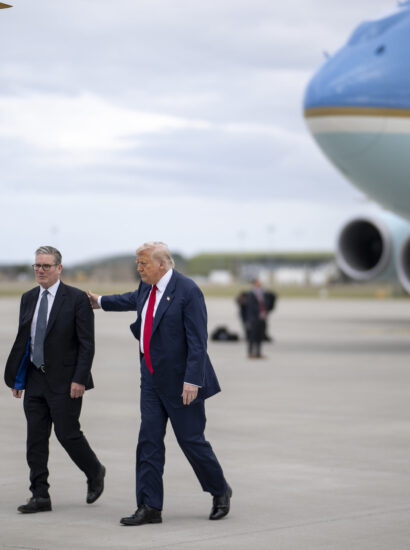
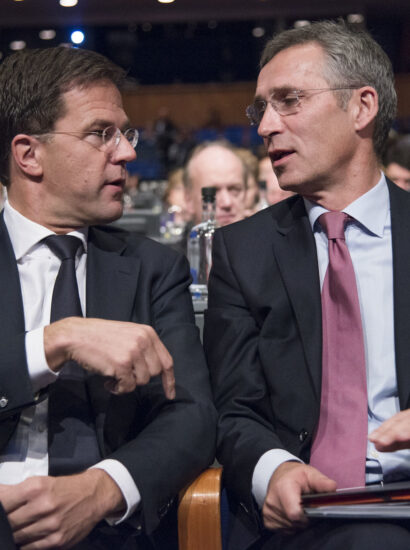
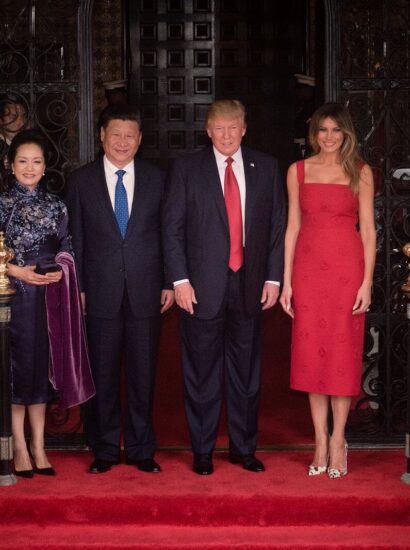
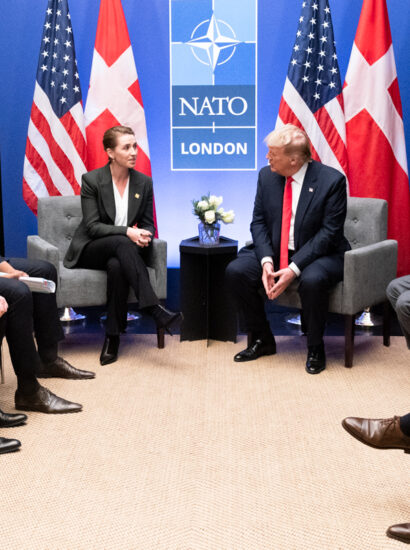
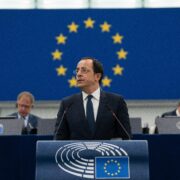

[…] have agreed a significant amount of policy adjustment. In particular, governments have increased defence spending and the EU has launched dozens of new security initiatives. How far this constitutes a […]
[…] has strengthened our defences and standing in the world, for example we led world on defending Ukraine when the USA failed to […]